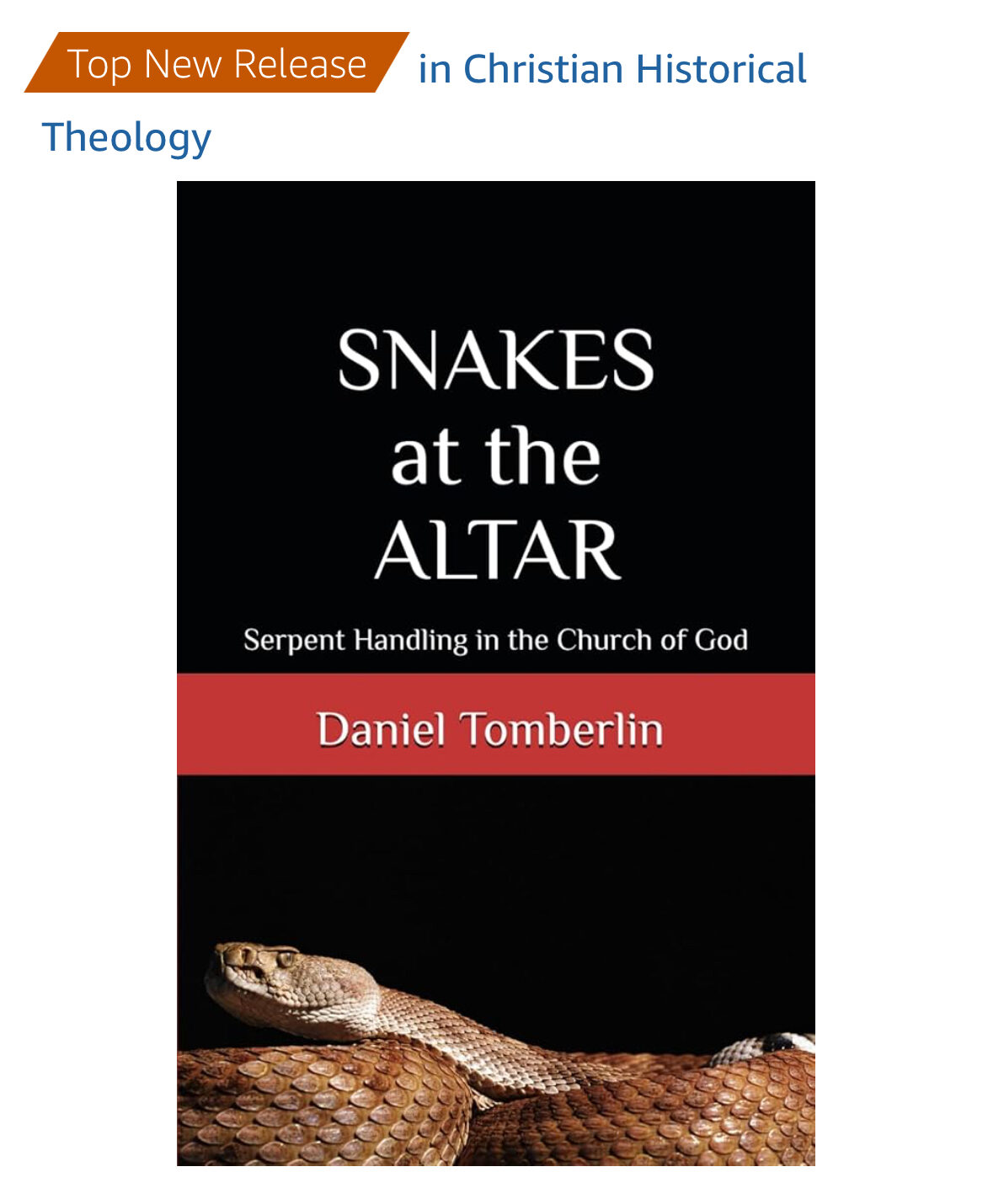Since the death of Pope Francis, the world has been watching Rome, waiting for a new Pope. Over the past several days, I have been watching social media feeds from Catholics, Protestants, and Pentecostals. Here are a few reflections.
First, the Catholic priests and scholars I have been following have expressed both hope and concern. There seems to be deep conflict between the traditionalists and the modernists. The traditionalists hark back to John Paul II and Benedict XVI. The modernists wanted Francis II. At first glance, it seems neither side got what they wanted.
Even so, Protestants and Pentecostals often misunderstand the nature of the papacy. Yes, the pope is the hierarchal leader of the Church, but he is guarded by centuries of theological tradition. Also, most Catholics know that the doctrine of infallibility does not guarantee a good Pope. As Benedict XVI said, there have been too many bad popes to suggest that the Holy Spirit chooses the Pope.
Second, I have been following Protestants and Pentecostals who have insisted that the pope is a symbol of antichrist and that the Catholic church is hopelessly corrupt. They assume that the Roman Catholic Church of the 16th century is the same today. The truth is that neither the Protestants of the 16th century, nor the Catholics of the 16th century are the same. Many Protestants have apostatized, embracing the pro-choice and LGBTQI agenda, while the Catholics have been consistently pro-life and holding to traditional values regarding human sexuality. In fact, it is fair to say that Catholic doctrine regarding marriage and human sexuality is far more conservative than of most Protestants.
Since Vatican II, Roman Catholics have been engaging in ecumenical dialogue. Pentecostals have been in dialogue with Catholics since the 1970s. Pope Leo XIV, as Bishop Robert Prevost, has engaged in dialogue with Pentecostals in Latin America. In a separate dialogue in which I participated about three years ago, a Catholic speaker said they could no longer hold dialogue with many mainline protestants because of the issue of human sexuality. Also, in past dialogues with Lutherans, the Catholics have affirmed justification by faith. In fact, the Pentecostal doctrine of justification and subsequent sanctification is much closer to the Catholic understanding than the Reformed Protestant understanding of justification.
All faithful Christians – Catholic, Orthodox, Anglican, Protestant, and Pentecostal – confess the historic creeds. We believe in one God who eternally exists in three persons of equal substance, power, and glory – Father, Son, and Holy Spirit. We believe that Jesus Christ is fully God and fully human, one person with two united and unconfused natures, who was virginally conceived, died on the cross, raised from the dead, ascended to heaven, and will return to judge the living and the dead. We believe in the Holy Spirit who regenerates, sanctifies, renews, and glorifies the church.
What might we expect of the new pope, Leo XIV? Several Protestants and Pentecostals have posted that like Leo X he might oppose Protestants. On the other hand, maybe like Leo the Great, he will protect the Church from a pagan onslaught and defend orthodox Christology. Or, like his most previous namesake, he will proclaim the traditional faith while promoting issues of justice. I suspect, that he will surprise us all.
In his first sermon since becoming pope, Leo XIV proclaimed,
Jesus is the Christ, the Son of the living God: The one Saviour, who alone reveals the face of the Father. In him, God, in order to make himself close and accessible to men and women, revealed himself to us in the trusting eyes of a child, in the lively mind of a young person and in the mature features of a man, finally appearing to his disciples after the resurrection with his glorious body.
I’m not a Catholic. I am a Pentecostal. But I pray that the Holy Spirit will renew the Church and anoint all Christians to proclaim the Lordship of Jesus Christ. I pray for Pope Leo XIV. The Latin phase ecclesia semper reformanda – the church ever reforming – is true of Protestants, Catholics, and Pentecostals. In fact, it was a second century bishop – Irenaeus – who proclaimed that the church was a vessel containing the Holy Spirit, and that the Holy Spirit would renew that vessel generation after generation. I pray that we do not quench the Spirit. I pray that we walk in the Spirit.
By the way, check out my new book!

